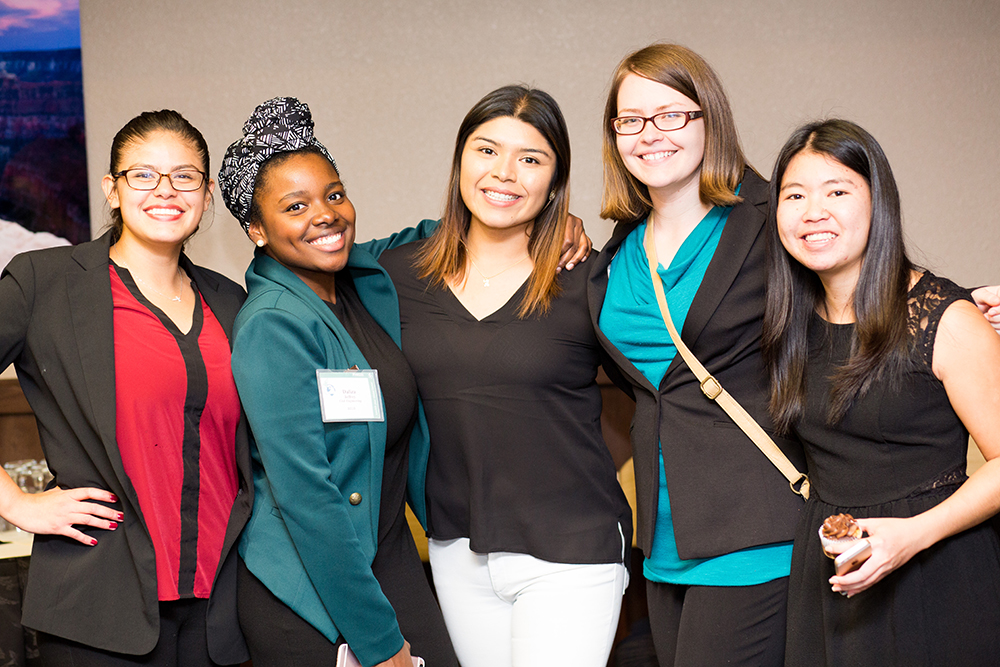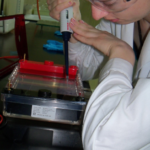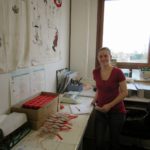Ricardo Peterson spent a year in Paris, studying Maxwell’s equations and electromagnetism in French, conducting research on semiconductors with a French scientist and meeting a foreign exchange student from Argentina who later would become his wife. The two are now in graduate programs at Stanford.
In other words, the program is a success–in more ways than one.
This program, the Interdisciplinary Global Program that NAU pioneered, also caught the attention of the Institute of International Education, which announced this week it was recognizing NAU for its emphasis on global education. NAU is one of eight honorees for the 2017 Andrew Heiskell Awards for Innovation in International Education, in large part because of the opportunities IGP provides.
The program is unique in a number of ways. Students in engineering, business and international affairs can be part of the program, which is a five-year, double-major degree plan. They spend a year abroad, with one semester taking classes and one semester doing an internship. Upon returning to NAU students present their internship projects in their language of study to the IGP Summit. They graduate with degrees in their chosen major plus a degree in either a language or cultural studies.
“It is impossible to overstate the importance of preparing our students for the global economy,” said Rita Cheng, president of NAU. “I am grateful to the Center for International Education for working so hard to provide this and other opportunities for NAU students to become good global citizens.”
IGP began in 2011 to increase the number of science and engineering students who studied abroad and has since expanded to include business and international affairs. Eligible students have a choice of 22 first majors and six language or culture majors for their second degree, earned simultaneously. The number of participants who have gone abroad each year has grown from four the first year to 20 this year, with more than 100 who started the program this year and will go abroad for the 2019-2020 school year. The majority continue to be in the global science and engineering program.
“We are deeply honored to have been nationally recognized as innovators in international education,” said Daniel Palm, executive director of the Center for International Education. “NAU’s ongoing commitment to global engagement has had a profound impact on the university campus.”












